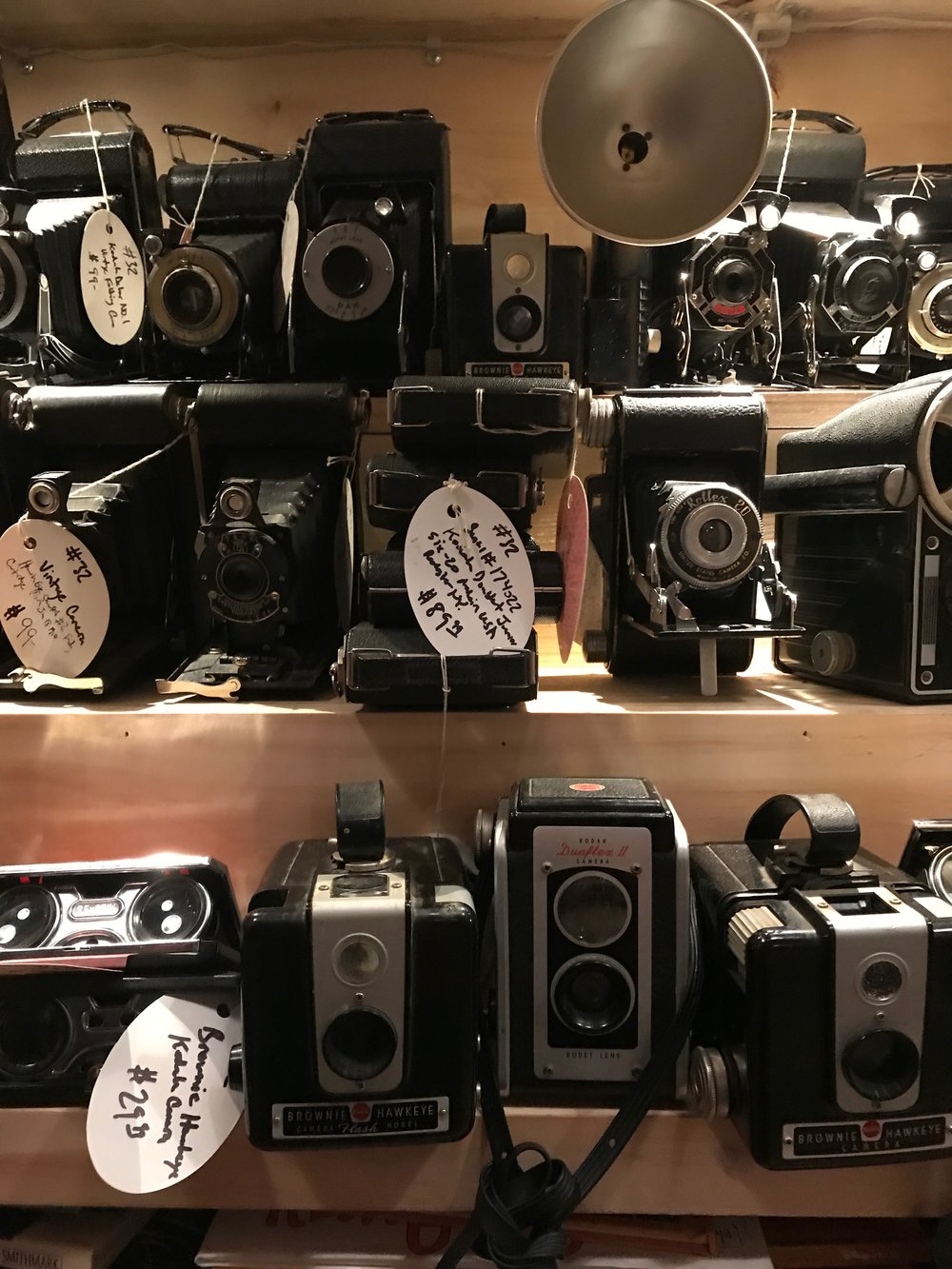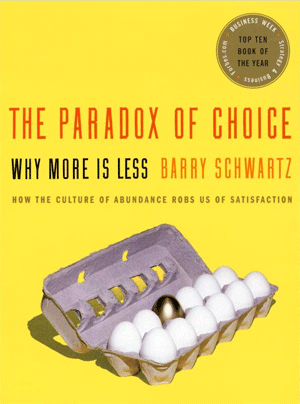What’s the purpose of embracing a fresh start? Is it to have a do-over? Is it useful because it helps you to be poised, ready, and open for new opportunities that appear? Is it a burning desire knowing that it’s time for a change? What says “change” better than clearing the decks?
Last week, I had the opportunity to be a guest on WNYC’s “All Of It” with the fabulous host, Alison Stewart. You can click here to learn how Alison and I met. On her show we talked about organizing, overwhelm, mindfulness, New Year’s intentions and more. Listeners had the opportunity to call in and ask me their most pressing organizing questions. Alison has an impressive audience of listeners, and they asked great questions. I thought it would be fun to do a follow-up post so that I could expand on my responses to some of the issues.
How to Make the Best of Your Fresh Start
Get Fresh With Your Paper Stuff
Even though we live in an increasingly digital world, we still manage to amass a lot of paper. It takes up valuable space and mental energy. Listener, Bill, expressed this when he called in. He felt overwhelmed with his backlog of documents and wanted some advice about what to let go of.
The general rule (although definitely check with your accountant who understands your specific situation) is to keep tax back-up records for seven years from the date of filing. Keep copies of your tax returns indefinitely. If there isn’t any tax or other financial implication like capital improvement records, or proof of a significant purchase needed for warranty purposes, most papers can go. Think shred, trash, out-of-here now! Also, for going forward, consider getting records digitally and filing them in electronic file folders. That will reduce future paper clutter.
For some other thoughts about the benefits of paper clearing, check out How to Use That Energy Boost You Get From a Fresh Start.
Get Fresh With Your Move
One of the biggest motivators for new beginnings is when you’re preparing to move. Listener, Margaret, called in to share about the tremendous decluttering and letting go work she’s been doing in preparation for her upcoming move. She’s already donated many bags of stuff to local charities. Go, Margaret! While she has been able to let go and have less, she was concerned about maintaining her “less stuff” approach after the move.
While a massive amount of decision-making goes into moving and choosing what to give away, sell, or keep, that process doesn’t end after the move. In fact, most people make a second or third edit post-move. Pay attention to how it feels to own less. After you move, you’ll have a new perspective on space and your belongings. Continue the editing process until you are “right-sized.” To maintain your home, build in some editing time every six months or so to review and release.
For additional thoughts about managing clutter, check out Decisions, Clutter & Tag Sales.
Get Fresh With Your Family (but in a good way!)
My heart went out to the listener, Alexandra, who called with a question about how to best help her mom with hoarding behavior. I was moved by the amount of support, love, and willingness the family has given her mom. The challenge is that while her mom has an awareness of her problem, she hasn’t been able to make any behavioral changes. Attempts by the family to help “clear out” have caused the problem to worsen. The family is at a loss as to how to best help.
Hoarding disorder has a mental health diagnosis. While it’s beautiful to have a supportive family, it’s essential to build a team of experts that can help like therapists, social workers, and other professionals. However, no team will be effective without a willing participant.
One of the best books for loved ones of those that hoard, is Digging Out – Helping Your Loved One Manage Clutter, Hoarding & Compulsive Acquiring by Michael Tompkins, Ph.D., and Tamara Hartl, Ph.D. It is written for the family to understand better the disorder and how to best help.
Another excellent resource is The Hoarding Project. They offer nation-wide consultation services, education, and support geared towards people with hoarding behavior, family and friends, and professionals.
Behind the Scenes at WNYC
To listen to the WNYC “All Of It” January 4th podcast with these listeners' stories and more, click here. My segment is the first 20 plus minutes.
Are you in the fresh start mood? How are you making the most of yours? I’d love to hear your thoughts. Join the conversation!

















